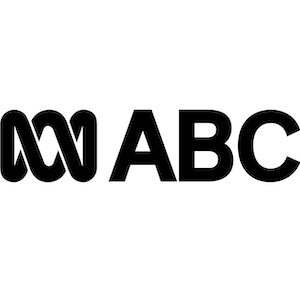Dr Andy Marks, Daily Telegraph, 9 April 2018
We can give the thumbs-up. Heck, we can even be angry, sad, surprised, ecstatic or loved-up, but Facebook will never grant users a thumbs-down button. Why? Because the embattled social media goliath wants us to have “more meaningful interactions” with each other. Of course it does.
But what if people are finding meaning via the things they dislike? Aren’t those interactions worth understanding? Our current and previous prime ministers have notched up 60 consecutive Newspoll “thumbs down” between them. The prior three stints at the top job – barring Kevin Rudd’s fleeting honeymoon phase – didn’t fair much better.
All this negativity yet the wheels of government keep turning.
Our readiness to dislike so persistently and so equitably across political divides deserves a deeper response than a “surprised” emoji. Equally, the steady drift of voters away from the major parties towards candidates of the hard left and right warrants a closer look than that afforded us via a tailored social media newsfeed.
Rather than being a sign of disaffection with politics, this pronounced shift in voter attitudes and our love of the downward thumb, may indicate a heightened level of political engagement. But it might just be a type of engagement our political system is struggling to accommodate with its own range of buttons: an unrepresentative senate, a weakened public service, and factional warfare.
It’s too easy to dismiss the growing distaste for conventional politics, or even Trump and Brexit, as thumbs-down moments, but there is something to be taken from them.
People want meaning, and our current version of politics is not providing it. An increasing proportion of voters just can’t identify with what’s coming out of Canberra.
There was a strain of identity theory advanced around the time the long nosedive in “moderate” political attitudes began.
In the early nineties, US academic William Connolly proposed that rather than defining ourselves by the ideals we embrace, individuals more readily arrived at a sense of self via the things they felt different from, the things they rejected.
Maybe that’s what we are seeing. Identity forged through difference and honed via opposition. It’s the John West model, whereby the seafood company pointed to the “fish that [they] reject” as being their defining feature.
Look beyond theory, politics and tuna and it’s undeniable we react with an all too easy vigour to the things we dislike. Just watch My Kitchen Rules, Married At First Sight, or The Voice and you’ll see vocabularies of Shakespearean breadth tear apart a meal, a suitor, or a singer.
Thanks to social media, the range of platforms for personal, social and political interaction have never been greater. But the “happy/sad” bandwidth of expression these forums afford us has rarely been narrower.
Worse, now we find that these contorted expressions of social media identity are being hived-off to “data mining” firms and used to hasten the disintegration of the political centre ground we now decry as lost.
In taking a stand on things we don’t like, we seem to be losing the ability to describe what we stand for. Now that’s reason to be sad face.
Dr Andy Marks, Daily Telegraph, 9 April 2018
Dr Andy Marks is assistant vice-chancellor at Western Sydney University




